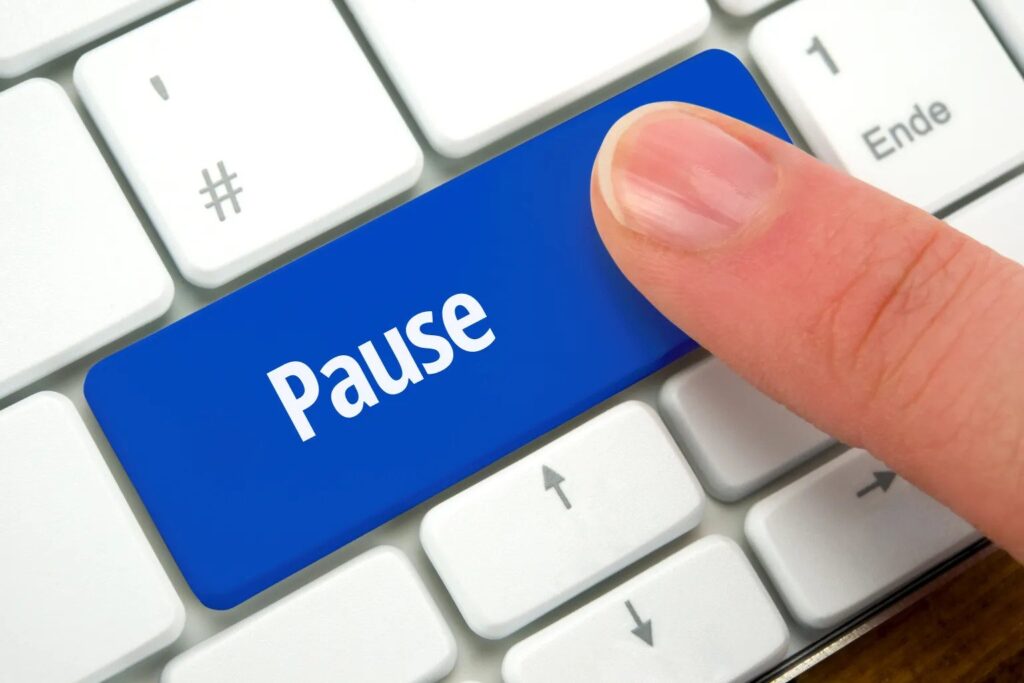02 Jan Pausing, Processing And Persuasion


Pausing, Processing And Persuasion
John P. Blumberg
I was reading an academic article about persuasion science. I paused when I got to the end of a sentence. I wasn’t sure I understood it. After thinking about it for a few seconds, I was sure I hadn’t understood it. (Academic articles are frequently laced with jargon that the authors assume the readers understand. The sentences tend to be long and are packed with information.) I went back and read it again – this time more slowly. Then, I paused again. I understood it better than the first time I had read it, but still needed a little time to think about the subject. This is how most people process what they read. Students who don’t stop to think about what they have just read will likely do poorly on examinations because the ability to remember is closely linked to whether they understood and processed the information. Jurors listening to lawyers and witnesses don’t have the ability to press a pause button so they can think about what they just heard. This blog discusses how lawyers can present information so that jurors will be more likely to remember and be persuaded.
That which is learned is persuasive
There is science behind how people learn. The brain is not like a sponge that absorbs what is poured into it. Memories are formed only when information is understood and processed. Daniel T. Willingham is a professor of cognitive psychology at the University of Virginia and specializes in the science of education. He has written that “memories are formed as the residue of thought. You remember what you think about, but not every fleeting thought – only those matters to which you really devote some attention.” Once a memory is created, it can be accessed. Memories are treated by the brain as a reliable source to recognize previously-learned information as well as to interpret new information. What does this have to do with trial advocacy? Persuasion occurs when the brain creates a memory that is later recalled and relied on as true. The challenge, therefore, is to present your case so that jurors have time to think about what they have heard and seen.
Pause
The process of learning requires first that the listener understand. Understanding results only when the information presented can be related to something already familiar. In other words: an existing memory or understanding. The next step in learning is for the information to be processed. Processing requires time to think about what was just heard. If trial lawyers don’t allow jurors any time to process an important argument or a witness’s answer, the result might be a vague or defective recollection. Persuasion requires pausing. This is a challenge because silence in the courtroom feels uncomfortable. But during that silence, jurors are solidifying memory.
Refresh
Research has shown that people tend to believe the truth of a statement if they have previously heard it. It has the illusion of truth. The more often the statement is heard, the more likely that it will be perceived as true. This is not necessarily a bad thing; rather, it is an essential aspect of how people can learn something that is true, then create a mental shortcut. It is theorized that the first time a statement is heard, it is embedded in memory, and when it is heard again, the previous exposure creates a feeling of familiarity. This familiarity, in turn, creates fluency, or ease of recognition, which has the feeling of truth. This is called the repetition truth effect. During a trial, there are many opportunities to repeat important facts or themes.
Pausing allows jurors to think about what they just saw or heard. Repetition is a way to refresh and strengthen a memory. Both are crucial to persuasion. In the 1920’s, Coca Cola coined a slogan, “Pause and Refresh.” That is a way for trial lawyers to remember these two important aspects of persuasion.



